Unveiling the 2023 World of Open Source: Japan Spotlight
The Linux Foundation | 05 December 2023
The 2023 World of Open Source: Japan Spotlight report, featuring a foreword by Noriaki Fukuyasu, VP of Operations for the Linux Foundation in Japan, offers a thorough and insightful analysis of the current state and trends of open source software (OSS) in Japan. Authored by Adrienn Lawson and Stephen Hendrick of Linux Foundation Research, this report is pivotal in understanding the dynamics of Japan's involvement in the OSS arena.
Fukuyasu-san, in his foreword, sheds light on Japan's distinctive role within the global OSS framework. He emphasizes the importance of comprehending how Japanese organizations and the wider community engage with OSS regarding usage and development and their leadership roles within this space. He provides a relevant backdrop to the report, highlighting Japan's unique contributions and challenges in OSS.
This report is an invaluable resource for anyone keen to grasp the depth and breadth of Japan's OSS landscape. It highlights the country's evolving role in the global OSS community, offering a rich, survey-based exploration into how Japan contributes to, consumes, and leads in the world of open source software. Whether you are a developer, an executive, a policy maker, or simply an OSS enthusiast, this report is a must-read to understand the multifaceted nature of OSS in Japan and its implications for the global technology ecosystem.
The uniqueness of Japan in the OSS landscape
This analysis reveals a dichotomy of findings, juxtaposing Japan's alignment with global trends against its unique challenges and opportunities within the OSS ecosystem. The report offers a dual perspective on Japan's OSS journey, shedding light on its achievements and highlighting areas for improvement.
Adoption rates and security perceptions vs. regulatory and knowledge barriers
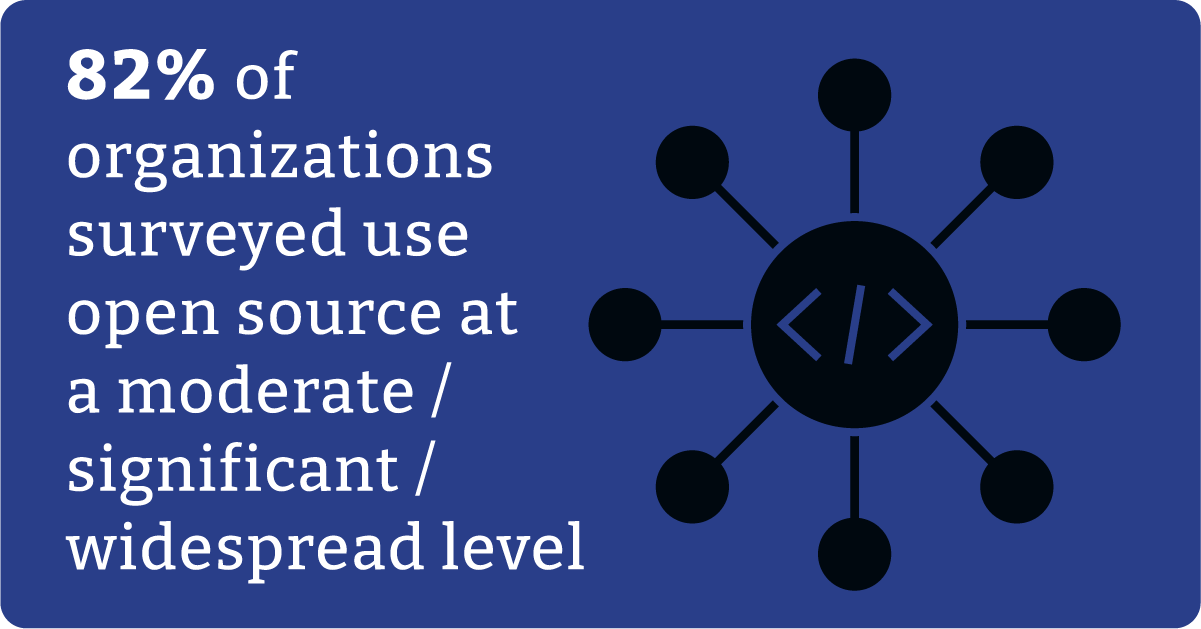
- High OSS adoption: Japan's OSS adoption rate at 82% closely aligns with the global average, indicating robust engagement with OSS.
- Contrast with challenges: Despite this high adoption rate, Japanese organizations grapple with regulatory compliance and a lack of understanding of OSS nuances. Concerns about quality, security, and intellectual property further complicate this landscape.
Trust in security vs. contribution challenges
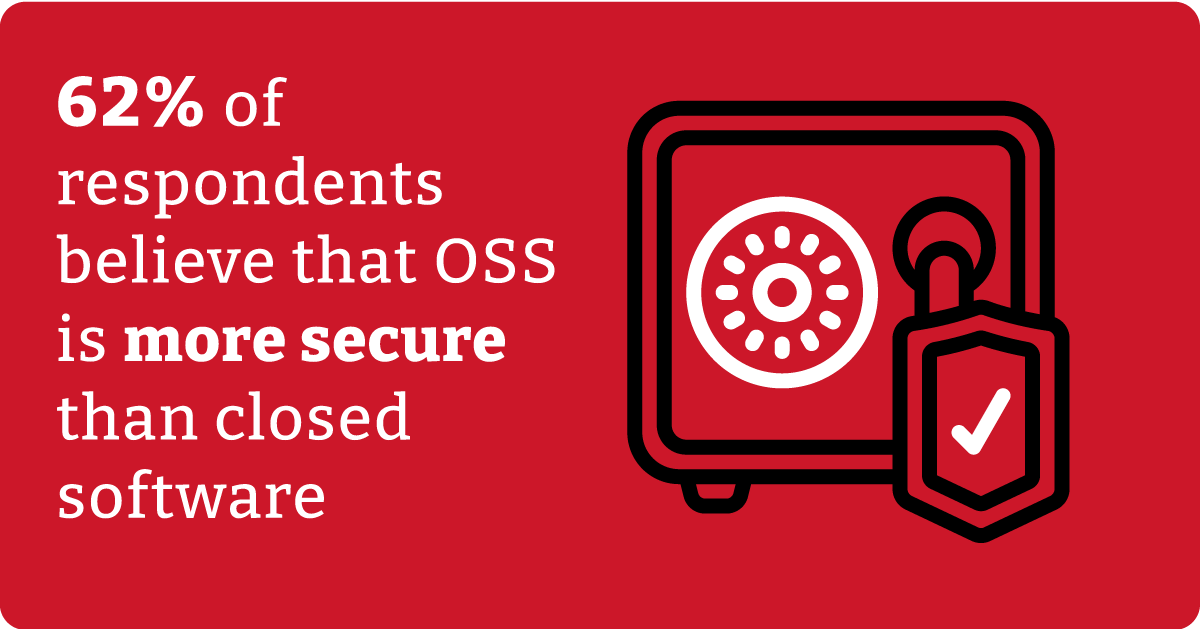
- Security confidence: 62% of Japanese organizations trust OSS to be more secure than proprietary alternatives, reflecting strong confidence in OSS security.
- Hesitation in contributions: This trust contrasts with the challenges in contributing to OSS, shaped by cultural and organizational factors and a lack of incentives for contribution.
Diverse contributions vs. legal and IP hurdles

- Broad engagement: Japan’s OSS community actively contributes beyond coding, including issue reporting and documentation.
- Legal barriers: Intellectual property, legal concerns, and complex licensing issues are significant barriers to deeper OSS engagement.
Recognizing OSS benefits vs. underappreciation of non-technical benefits
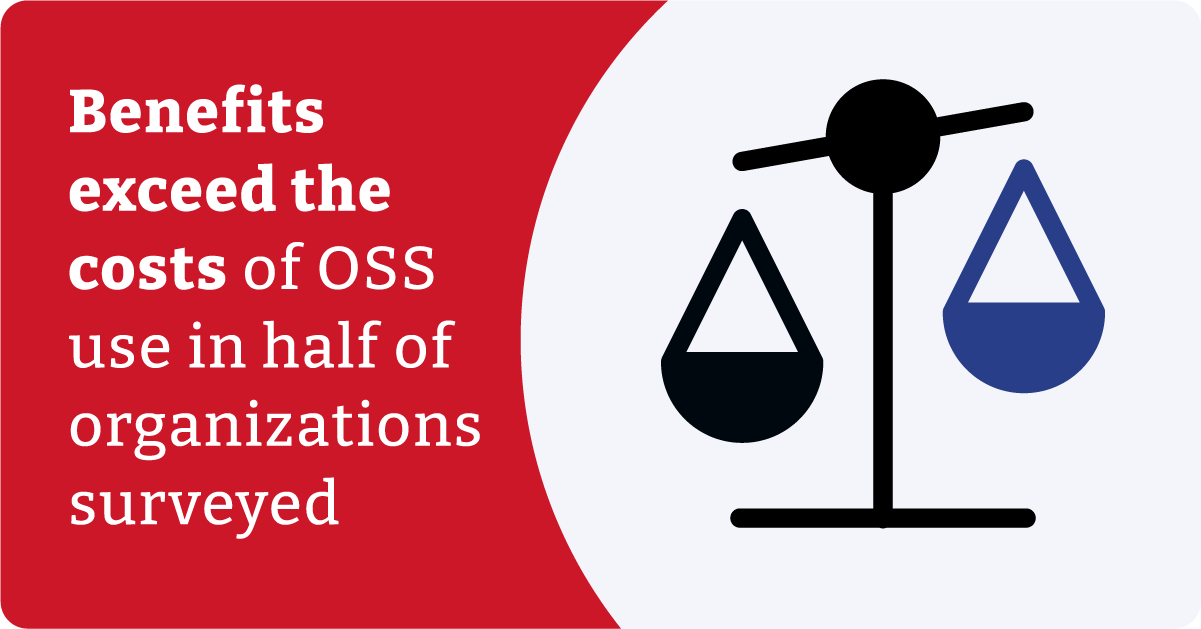
- Strategic advantages acknowledged: Japanese organizations recognize the strategic benefits of OSS, such as improved productivity and innovation.
- Non-technical benefits overlooked: There remains an underappreciation of the non-technical benefits of OSS, like community building and cultural improvement.
Policy and training shortcomings: an area for growth
- Lack of structured policies: The absence of structured policies and comprehensive training programs in Japan highlights a critical area for development.
Actionable insights for a thriving OSS ecosystem in Japan
Establishing Open Source Program Offices
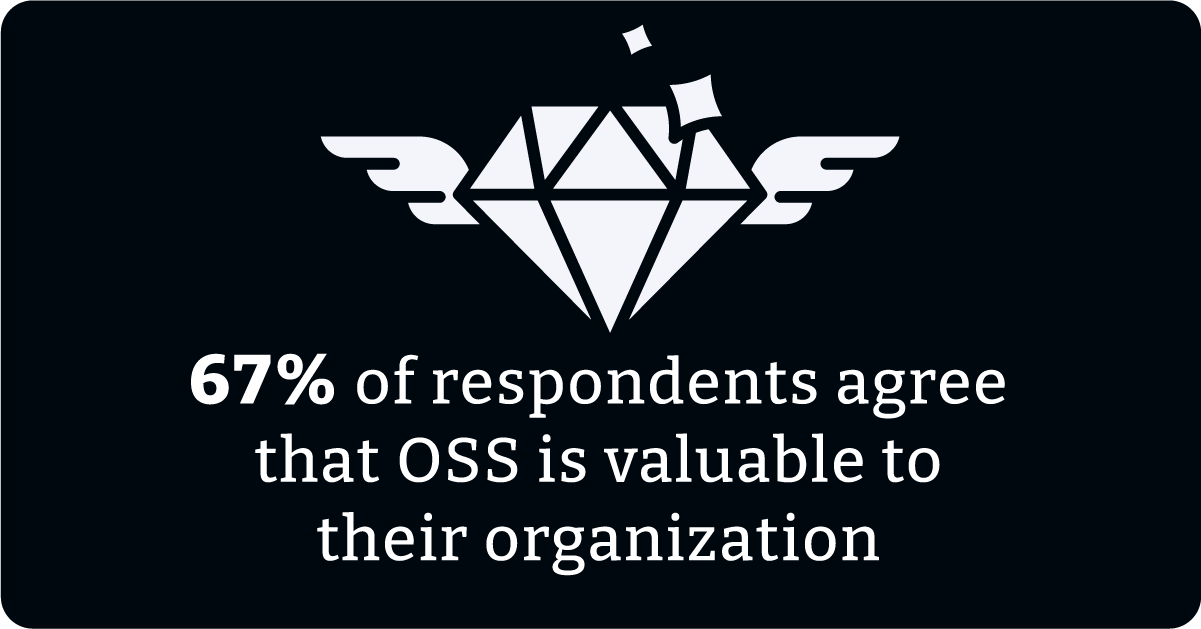
- Role of OSPOs: Establishing Open Source Program Offices (OSPOs) can provide clear guidelines, ensure compliance, and foster a culture of open source contribution within organizations.
- Strategic implementation: OSPOs can act as organizational strategic centers to streamline OSS adoption, contribution, and policy development.
Enhancing security in OSS
- Prioritizing secure development: Enhancing security practices within OSS projects can alleviate concerns and encourage broader adoption.
- Collaborative security efforts: Organizations can collaborate on shared security initiatives, benefiting the wider OSS community.
Expanding educational initiatives
- Bridging the knowledge gap: Expanding OSS education and training programs can bridge the understanding gap and illuminate the full spectrum of OSS advantages.
- Community and academic partnerships: Collaborations with academic institutions and community groups can further enhance OSS knowledge and skills.
Promoting OSS contributions
- Boosting the ecosystem: Encouraging the open-sourcing of internal tools and company products can significantly contribute to the health of the OSS ecosystem.
- Recognition and rewards: Implementing recognition systems for OSS contributions within organizations can incentivize active participation.
Tackling legal and licensing challenges
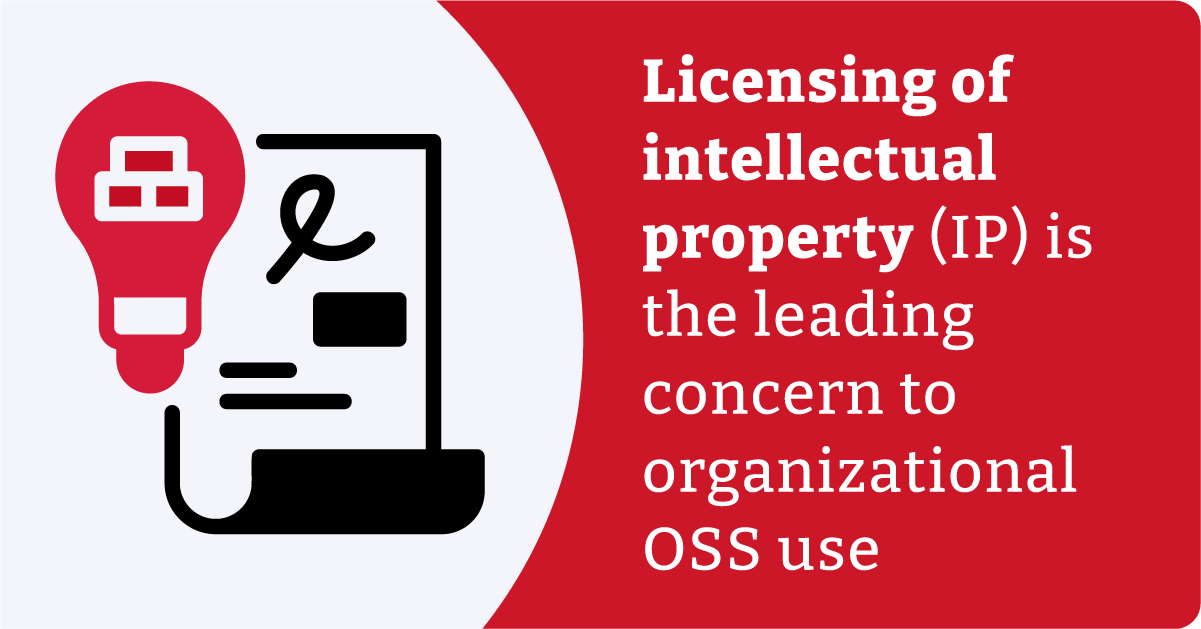
- Legal and licensing support: Addressing legal and licensing issues can empower more organizations to engage in OSS projects confidently.
- Educational programs on licensing: Providing detailed educational resources on OSS licensing can demystify legal complexities for organizations.
Call to action
We hope this report encourages stakeholders across Japan to realize the full value of open source software and the communities supporting it. Whether you are a developer, an IT professional, a policy maker, or simply an enthusiast of technology and open source culture, this report offers a first-of-its-kind perspective into how OSS is shaping the technological landscape in Japan and how it compares and contributes to the global context.
To get involved, consider the following steps:
- Educate yourself: Start by reading the full report to understand the current state of OSS in Japan. Knowledge is power, and understanding the landscape is the first step to making a difference.
- Engage with the community: Join local and online OSS communities. This week, Open Source Summit Japan is taking place in Tokyo, which is the forum of choice for engagement. Participating in forums, attending meetups, and contributing to discussions can provide practical insights and networking opportunities.
- Contribute to projects: Whether you’re a coder, a documentation specialist, or a tester, your skills can contribute significantly to various OSS projects. Find a project that aligns with your interests and skills, and start contributing.
- Advocate for OSS in your organization: If you’re in a position to influence your organization's software choices, advocate for adopting OSS and supporting OSS policies and training.
- Educational and professional development: Continuously seek opportunities to learn more about OSS, whether through formal education, workshops, or self-guided learning. LF Research is a great place to start!
